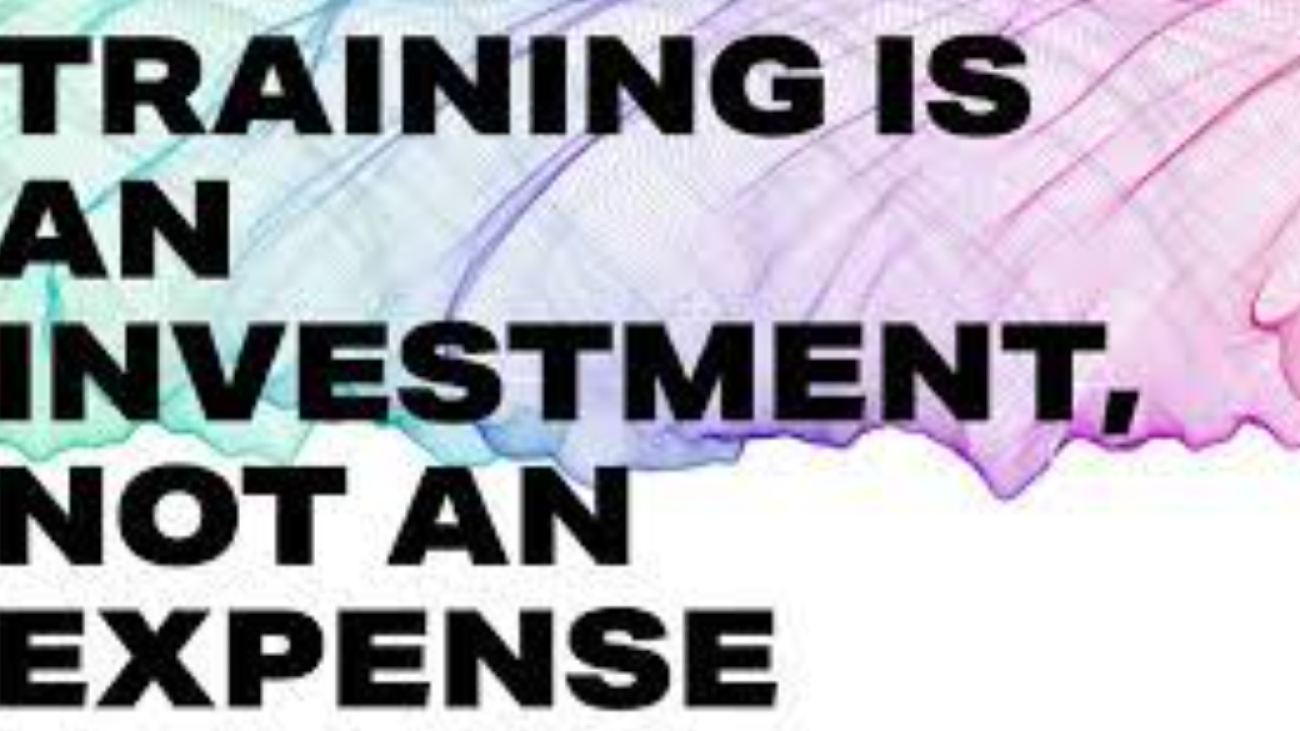“Every enterprise is a learning and teaching institution. Training and development must be built into it on all levels, training and development that never stop.” – Peter Drucker
Extended periods of employee training and rigorous curriculum prepared to keep the employees aware of the workspace situation is one of the most common yet hectic procedures that any organization has to go through. But goes without saying, training the employees after their successful onboarding has to be one of the most significant steps taken from the company’s end since this is all about building work rapport and gel well with the candidates so that they feel at ease; they get to know the workspace better and the company to gets to deal with the nitty-gritty of the candidate profile, their communication skills, observational patterns, cognition level and social cues are drawn up accordingly. To get rid of the formal professional tension at the workplace, a time window of a few months is dedicated to bringing the candidates to a disciplined training module for which they are getting paid by the authority. Now, this might seem to be an expenditure incurred by the team but for employee retention for the long run and to avoid replacements in near future it is better to invest in getting the candidates especially the freshers, industry-ready so that they can be valuable assets and can contribute for the company’s growth.
Here are some reasons behind investment for successful employee training by companies:
Educating and edifying the candidates – It is of utmost importance to inject the right amount of knowledge into the candidates especially if they are freshers so that they get to know about the company goals, work procedures and might apply their strengths and work on their weaknesses accordingly. To impart knowledge and incorporate work ethics is something worth spending when it comes to training candidates after onboarding. The candidate must be aware of the dos’ and don’ts of the company so that further interactions, meetings, targets, deadlines, pitches, presentations, client dealings are hassle-free and uber smooth. Since Peter Drucker had rightly stated, “Every enterprise is a learning and teaching institution. Training and development must be built into it on all levels, training and development that never stop.”
Every candidate training session has to be a two-way communication so that the authority or the team leader or maybe the manager gets to know each candidate well and on the other hand the candidate to needs to muster enough information about the team and how it functions. Instead of unilinear communication, a balanced give and take are must be solicited so that candidates can shed their inhibitions and the company can utilize their employees to the fullest, at their optimum levels after judging, evaluating their resourcefulness.
Professional mindset development – Since the company onboarding training is way too different from that of university curriculum modules, the employees get to taste the real world of the corporate which is more formal and more professional in that sense. And when candidates are getting paid along with this valuable set of training, they are sharpening their corporate skills while being financially inspired. The investment must be treated as a reward since onboarded employees try their level best to cope with the team members and deliver the best possible performance so that they are absorbed and retained by their respective companies for longer periods of time.
Keeping employees updated – With this corporate competition on the rise, the skyrocketing demand for employee training curriculum is absolutely crystal clear and has gone far beyond the mainstream since training has to have innovations to help the candidates flesh out better ideas for the company. To keep the employee updated regarding company stakeholders, company clients, market speculations, competitors, products and services and targets is a mandate and a necessity from the company’s end.
In accordance with Lorman, more than 70 percent of the working population especially the millennials feel the need of a solid onboarding training even if they are self taught. Companies with weak onboarding processes are twice as likely to experience turnover of employees. Leadership training statistics portray that almost half of the population of managers in the corporate world all across the globe who have been working for more than 10 years now have received less than 9 hours of on job training hence, their self-study was stressful and hectic enough. More than 60 percent human resources managers warrant a strong and potent job training and hence, this is anything but expenditure.
“Employees cannot become more productive in every sense of the word unless are provided with continuous on-the-job training” – Gregory Balestrero.





